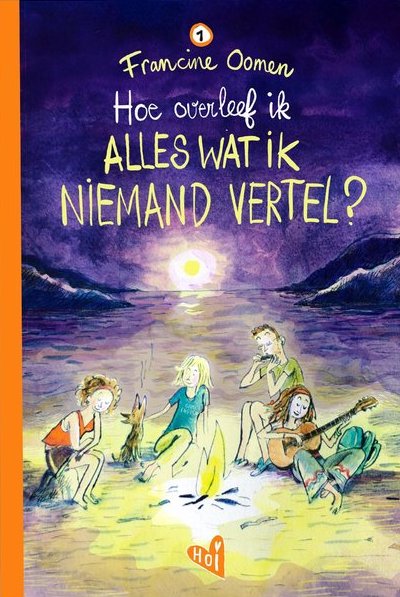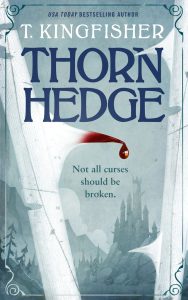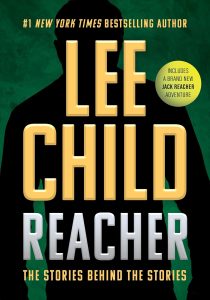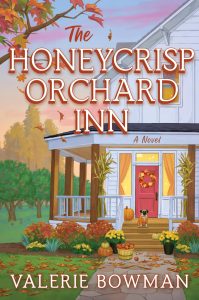
Francine Oomen returns to the world that raised a generation with a new entry aimed at those former teens who are now juggling rent, relationships, and the quiet panic of adulthood. Hoe overleef ik alles wat ik niemand vertel? promises a grown up follow up to the beloved Hoe overleef ik series. What it delivers is a nostalgia heavy check-in that mixes voice notes, group chats, and “survival tips” with an everything everywhere pileup of contemporary issues.
The premise
Rosa and the old crew are back as thirty somethings trying to keep their lives from tipping over. Oomen frames the story through conversations, DMs, and audio snippets as the characters unpack burnout, student debt, fertility, climate dread, body image, psychedelics, dating apps, and more. It reads like a reunion weekend stretched into a book, with cameos and memory triggers designed to ping long time fans.
What works
- Nostalgia with continuity: If you grew up with this series, the emotional muscle memory kicks in fast. Oomen trusts readers to remember, so the callbacks feel organic rather than over explained.
- Bite size structure: Short scenes and voice notes make the book highly skimmable and perfect for a commute or bedtime dip.
- Openly messy adulthood: The novel refuses the polished Instagram version of thirty. Characters admit fear, make bad choices, and reassess old dreams.
Where it struggles
- Tone mismatch for “adult” fiction: Despite the subject matter, the voice often feels kiddie clean. Explanations of things like nitrous, diazepam, truffles, or even ChatGPT read like basic Google summaries, which can flatten the story’s credibility for adult readers.
- Overstuffed issue list: The book tries to touch nearly every headline topic of the last five years. The result is breadth over depth, with many threads feeling surface level.
- Dialogue filter: Because almost everything is delivered through chats and voice messages, characters sometimes speak in a jarring mix of cutesy abbreviations and stiff phrasing that breaks immersion.
- Problematic framing of eating disorders: The recurring “food police” language and simplified depiction of disordered eating feel dated and can reinforce stereotypes rather than complicate them.
- Reentry barrier: Readers who did not follow the original YA books may miss the point of the reunion and see only a scattershot contemporary novel.
The vibe
Think group chat energy with a self help undertow. There are warm flashes of recognition, a few moving beats about friendship and shame, and plenty of “remember when” moments. There is also cringe slang, teachable-moment monologues, and a tendency to skim across complex terrain.
Read it if you
- Loved the Hoe overleef ik books and want to see where the characters landed
- Prefer episodic, multimedia storytelling over traditional prose
- Are in it for the comfort of familiarity more than for literary reinvention
Skip it if you
- Want a deep, nuanced take on topics like abortion, mental health, or eating disorders
- Find cutesy abbreviations and info-dump explanations distracting
- Are coming in cold without attachment to the original series
Verdict
Hoe overleef ik alles wat ik niemand vertel? is a warm nostalgia trip that will resonate most with longtime fans craving a catch-up. As a stand-alone adult novel, it feels uneven and too eager to be current, which keeps many serious themes from cutting as deep as they should. If you want comfort and callbacks, you will find them. If you want complexity, you may be left wanting.
Get your copy here: https://amzn.to/4obKRu9


